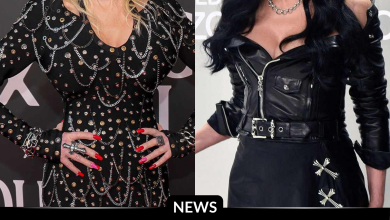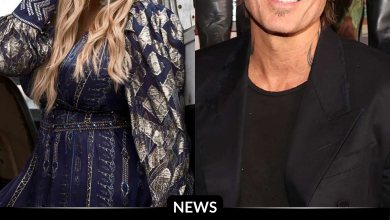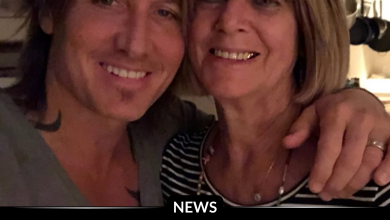Emilia Clarke Shares Raw Truth About Mental Health Struggles – ‘I Wanted to Pull the Plug’
OPINION: This article may contain commentary which reflects the author's opinion.
Emilia Clarke, beloved worldwide for her role as Daenerys Targaryen on Game of Thrones, has long captured audiences with her strength on screen. But behind the scenes, Clarke has endured a far more profound battle — one involving not just life-threatening health scares but also deep mental health struggles that have shaped her into one of Hollywood’s most inspiring advocates for recovery and resilience.
In a series of candid interviews, Clarke has shared the full scope of her harrowing journey: suffering two brain aneurysms in her twenties — one in 2011 and another in 2013 — during the height of her career. While her physical recovery was extraordinary, Clarke has made it clear that the mental scars ran just as deep.
Early Health Crisis and Emotional Fallout
At just 24, Clarke was thrust into a life-or-death battle following her first aneurysm, leading to aphasia so severe that she temporarily forgot her own name. For an actress whose livelihood depends on language and expression, the experience was shattering. She confessed to moments of deep despair, even telling doctors she wanted to be allowed to die, believing she could no longer act.
The second aneurysm two years later required open brain surgery and a grueling recovery, during which Clarke experienced even greater mental health challenges — crippling anxiety, panic attacks, and a terrifying sense of hopelessness. “I felt like a shell of myself,” she admitted, reflecting on dark periods when the thought of simply continuing felt unbearable.
Yet, incredibly, Clarke returned to work just weeks after her first surgery, filming new episodes of Game of Thrones under immense pressure. Beneath the stoic exterior, she battled survivor’s guilt, fear of death, and overwhelming job insecurity, describing how her physical and emotional recovery was overshadowed by an urgent need to maintain her career.
The Impact on Family and Personal Growth
Clarke’s struggles also deeply impacted her family. Her mother, Jenny Clarke, later discovered she too had two aneurysms and underwent preventative surgery, highlighting a hereditary vulnerability. The burden of care and worry placed on her loved ones added another emotional layer to Clarke’s recovery — one that fuels her ongoing advocacy today.
Despite the hardships, Clarke now reflects on her experiences with a unique blend of humor and pride. She jokes about losing her sense of direction and taste in men but asserts that surviving such trauma has made her brain “grow” in ways she cherishes. “It’s like a superpower,” she has said — one she wouldn’t trade for anything.
Filling the Mental Health Support Gap
Recognizing a glaring gap in support for survivors of brain injuries, Clarke founded SameYou in 2019 alongside her mother. The charity’s mission is personal and urgent: to improve mental health recovery options for those healing from brain trauma. Clarke has spoken out about the healthcare system’s tendency to “fix your brain but not your mind,” leaving survivors to navigate emotional devastation alone.
SameYou partners with organizations like Big Issue Recruit to offer specialist job coaches for survivors trying to return to work, addressing both the practical challenges and the often unseen mental health toll. Recent polling by the charity showed that more than a third of survivors felt pressured to return to work too soon, mirroring Clarke’s own experiences.
Through her advocacy, Clarke is also shining a light on the 1.3 million people living with long-term effects of brain injury in the UK alone — many of whom still face significant stigma and inadequate support.
A Legacy Beyond the Screen
Today, Emilia Clarke is not just a celebrated actress but also a fierce champion for brain injury survivors worldwide. Her openness about the darkest chapters of her life — and her refusal to let them define her — offers hope to countless others facing similar battles.
Her journey, marked by extraordinary resilience and compassion, is a powerful reminder that true strength isn’t about hiding our scars — it’s about embracing them and using them to build something bigger than ourselves.
Would you also like me to suggest a sidebar like “5 Ways Emilia Clarke Is Changing the Conversation About Brain Injury” to accompany this article? It could provide even more depth for readers interested in her advocacy!



